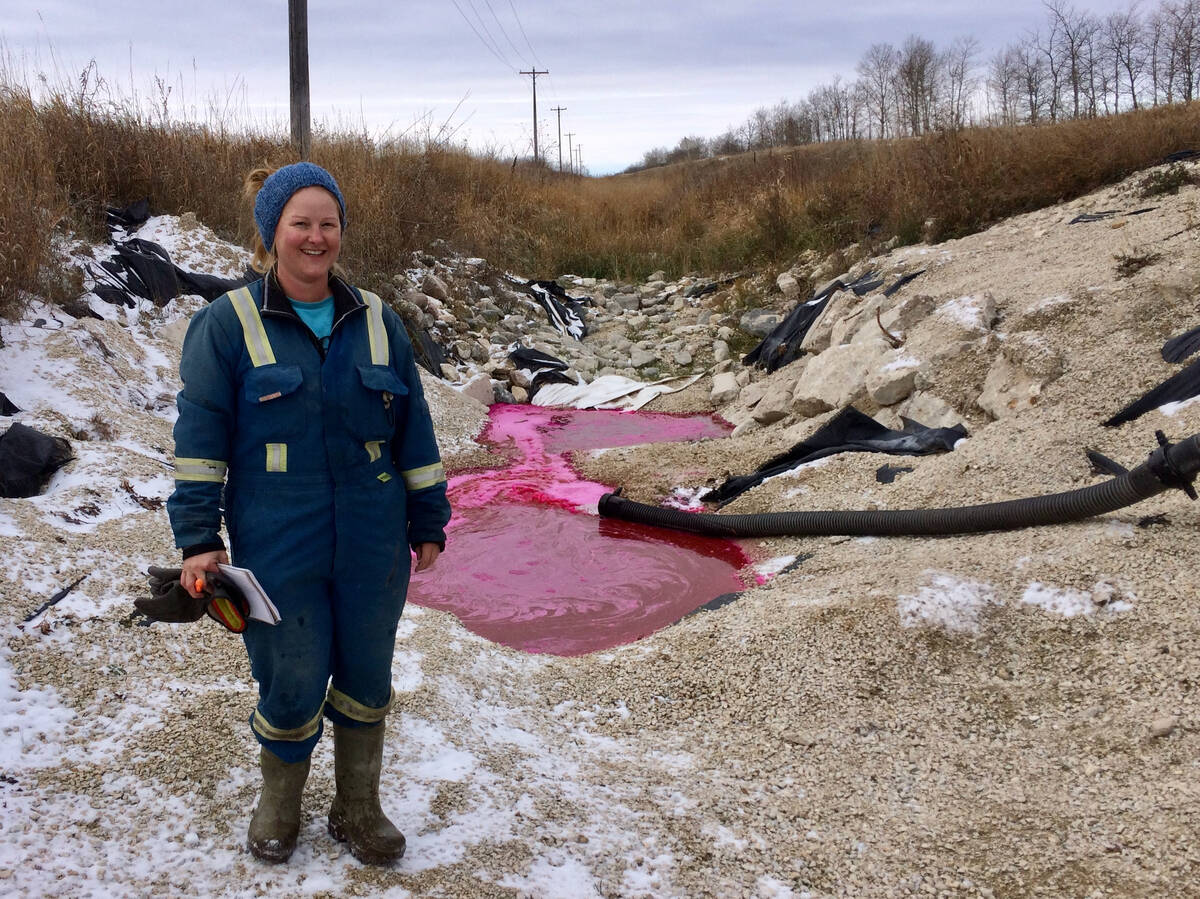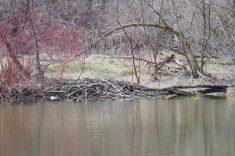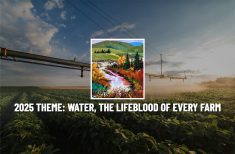BRANDON – One morning, sometime in the early 2000s, a couple of Agriculture Canada scientists got in a car and drove from Brandon to Reston, Man., to talk to students about agricultural research.
Those federal employees must of said the right things at the Reston School, because they inspired at least one student to pursue a career in agriculture.
Kayla Moore now works at Agriculture Canada’s research centre in Brandon, where she specializes in hydrology, groundwater and the management of soil moisture on farmland.
Read Also

Rural Manitoba resources slim on natural disaster planning
A study from Brandon University’s Rural Development Institute has found that many rural and small municipalities don’t have the staff or resources to make formal climate plans against natural disaster.
“They (the scientists) came to one of our student career days. I remember thinking then: that would be a neat place to work… I kept following my passions and ended up there.”
Years before joining Agriculture Canada, Moore spent her childhood in and around Reston, a southwestern Manitoba town about 15 kilometres from the Saskatchewan border.
Moore lived in town until the age of eight, when her parents, Howard and Lorrie Moore, moved to a farm near Reston.
They had horses and a quarter section of land, where Moore helped her parents with haying and other chores on the small farm.
However, the exposure to farming at a young age didn’t instill a desire to study agriculture at university.
Moore took University 1 courses for two years at the University of Manitoba as she struggled to pick a faculty.
Eventually, she decided on environmental science.
“They told me I was good at chemistry, so I did quite a bit of water chemistry and environmental chemistry in my undergrad (degree),” said Moore, while sitting in the stands at the Keystone Centre in Brandon during Manitoba Ag Days in January.
Shift to hydrology
While working on her Bachelors’ degree, Moore had summer jobs at the Experimental Lakes Area in northwestern Ontario and at Atomic Energy of Canada, where she studied water quality and river contamination by nuclear power plants in Ontario.
Then she traveled to Australia to take courses at a university in Adelaide as part of an exchange program at the University of Manitoba.
“I picked a school there … to study hydrology, something I always wanted to study.”
The six months in Adelaide was a turning point for Moore, who realized that her passion was hydrology, groundwater and soil water.
After returning to Canada, she took a job in the oil and gas industry, working at sites across the Prairies, doing soil testing and soil assessment.
Since hydrology is often within the realm of engineering, Moore found professors at the U of M’s faculty of engineering to supervise her research for a PhD.
She earned her doctorate in 2020, completing a thesis with the complex title, Numerical reactive transport modeling of soluble mineral and fluid interactions in the subsurface and application to sedimentary geothermal systems.
In layman’s language, Moore did research on groundwater flow and transport.
“How the water is moving and where it’s going. Also, some of the chemistry that goes along with that,” said Moore, who now lives west of Brandon near Oak Lake.
“In agriculture, that might look like water (moving) through the soil and the ground, and some of the nitrate leaching.”
Shift to agriculture
In the last year of her doctorate, Moore took a position with the Assiniboine West Watershed District in western Manitoba.
That job sparked or re-ignited an interest in agriculture and land conservation.
Then, by random chance, Agriculture Canada posted a job opening at its research centre in Brandon. The feds were looking for a scientist specializing in hydrology, land management and water stress in agriculture.
Moore applied and got the job — at the research centre she thought would be a “neat” place to work back in the 2000s.
“I didn’t have a super plan. Just kind of going with (the flow).”
She took a meandering path to her job at Agriculture Canada, by way of by environmental science, Australia, hydrology and engineering, but Moore’s story demonstrates the value of telling students about potential careers in agriculture at an early age.
March is Canadian Agriculture Literacy Month (CALM), an Agriculture in the Classroom Canada program.
“(It) is a celebration of agriculture in classrooms across the country. Each provincial AITC organization offers uniquely different activities, all aimed at helping students learn about, connect to and celebrate agriculture,” says the AITC Canada website.
“Over the last 13 years, CALM has been able to deliver over 870,000 student experiences, in 17,000 plus classrooms.”
Busy at home
Since taking her position with Agriculture Canada in Brandon, Moore’s personal life has been hectic. She and her partner, Owen, have two children, who are now three and one.
At Ag Days in Brandon, Moore had only been back at work for three weeks since returning from maternity leave.
Looking ahead to the rest of 2025 and future years of research, Moore hopes to focus some of her time on water and soil data from a network of agricultural monitoring stations in Saskatchewan, Manitoba and Ontario called RISMA.
“They are located on-farm. They’ve been collecting soil moisture and weather data for over 10 years,” she said.
“I want to look at when (and where) are we seeing (moisture) stress that’s impacting agriculture, and how can we go about (reducing) that stress.”
Her years in the engineering faculty could be a real asset for Agriculture Canada as Moore brings a pragmatic philosophy to her job.
“What’s our problem? How do we solve it? That is more of an approach that an engineer would take.”
Contact robert.arnason@producer.com
















